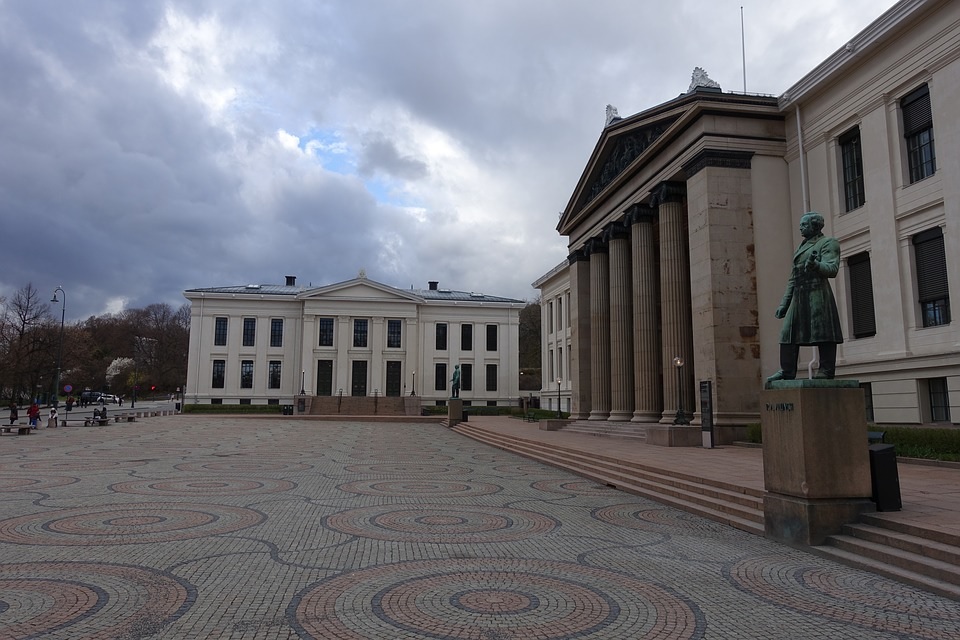
Norway is first to join new UNESCO convention
Since the beginning of Covid-19 Pandemic, learners across the globe are deeply affected, irrespective of their age group. The Pandemic, at the same time, has also forced the higher education sector to realise ‘the need to scale up and strengthen international cooperation in higher education teaching, learning and research.’ In fact, the pandemic validated the UNESCO charter 2019 which sought to bring all the countries on board to facilitate international cooperation on education. Since the adoption of the UNESCO Global Convention on the Recognition of Qualifications concerning Higher Education, Norway becomes the first country to ratify it. Stefania Giannini, UNESCO’s Assistant Director-General for Education congratulated Norway on this first ratification and encouraged other Member States to ‘quickly follow this lead for the benefit of all students, teachers and researchers around the world.’
The convention has also tried to build a consensus and cooperation on the existing regional recognition conventions. According to the charter of the convention, “it not only serves to support the mobility of students, learners and research, but also to recognize study courses and qualifications earned via new forms of blended, remote and open learning, including cross-border.” The charter was adopted by the 193 Member States in November 2019. According to UNESCO, ‘the Global Convention is the first UN treaty on higher education with a global scope, and is a critical normative framework for re-thinking and reimagining the internationalization of higher education institutions.’
Henrik Åsheim, the Norwegian Minister of Higher Education, commented that "Our hope is that this will make it easier for individuals to have their qualifications recognised in another country. This can contribute to more people finding employment more quickly and using their competences if they move abroad", as quoted by The University World News. Guri Melby, the Minister of Education and Integration and also in charge of UNESCO convention for Norway has commented that "This convention is a good example of how UNESCO's work has a concrete impact on individuals all over the world. Both under normal circumstances, and during times of crisis like we are experiencing right now, we need global organizations that lead the way and work for the values our society is built on, including the principle of equal right to education." To mention here, the Global Recognition Convention will enter into force once 20 countries ratify it, of which Norway paves the milestone.
The pandemic has caused havoc on the international students in many countries and universities across the world are still at a flux to fix their next move. The Global Recognition Convention and other such platforms will only help different forces to come together in solving the problems that the world of academia faces today. The convention will address the future by, first ‘providing a legal framework for common principles and procedures in recognition and second, they provide networking opportunities and information exchange between national authorities.’ While deliberating on the convention, the world community at large had agreed upon creating a more universal outlook for higher education. This at large would usher in a pedagogic change in the education and bring non-traditional ways for learning to take centre stage that will structure the century to come.
Sources
https://www.universityworldnews.com/post.php?story=20200514140938511







Leave Your Comments